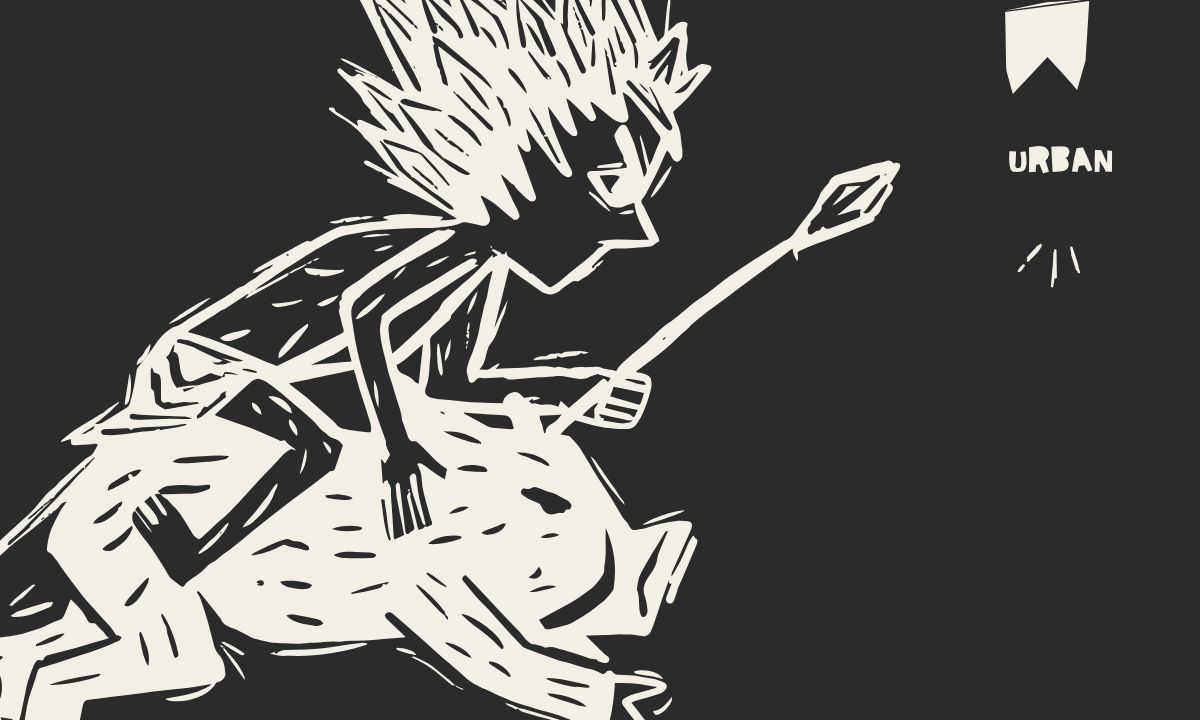
História
Ian Guedes, 20 de abril de 2025

6 Interesting Facts About the History of the Internet That You Need to Know
The internet is an essential part of our everyday lives, but did you know that it has a history full of interesting facts and surprising milestones? In this article, we explore 6 incredible facts about the internet’s past and how it became what it is today.
The Evolution of the Internet
The internet has changed the way we communicate, work, and consume information. However, few people know that the history of the World Wide Web is full of curious and surprising milestones. From its creation to the technological advancements that made it accessible, the internet has a fascinating past. In this article, we will explore six facts you probably didn't know about the history of the internet.
1. The First E-mail Was Sent in 1971
Although the internet as we know it today only began to take shape in the 1990s, the first e-mail was sent in 1971 by Ray Tomlinson, an engineer working for the company Bolt, Beranek, and Newman (BBN). He used the "@" symbol to separate the username and the computer name, something still in use today. This simple e-mail was the first step toward digital communication, which would soon revolutionize the world.
2. The First Web Page Was Very Simple
The first web page, created by Tim Berners-Lee in 1991, was very simple and only served to explain how the World Wide Web (WWW) worked. The page had no images, graphics, or animations. It was just explanatory text, but it marked a fundamental milestone in the development of the internet as we know it today.
3. "WWW" Is Not Synonymous with the Internet
Although many people associate the acronym "WWW" (World Wide Web) with the internet itself, it actually refers to a navigation system within the internet. The internet is a network of networks, while the World Wide Web is just one of the services available within that network, along with e-mail, FTP (File Transfer Protocol), and other services.
4. The First Domain Registered Was "symbolics.com"
The first internet domain was registered on March 15, 1985, by Symbolics, Inc., a computer company. The domain "symbolics.com" still exists today and, over the years, has become an important piece in the history of the internet, marking the beginning of the era of commercial online domains.
5. The Rise of Social Networks: Orkut Was a Pioneer
Before Facebook and Instagram, there was Orkut, one of the first social networks to become globally popular. Launched in 2004, Orkut allowed people to connect and share information in a way never seen before. Although Orkut was discontinued in 2014, it was a key precursor to the development of social networks as we know them today.
6. The Explosive Growth of the Internet
In the 1990s, the internet was still in its early stages, but it quickly began to expand. In 1995, there were only 16 million internet users worldwide. By 2000, this number had surged to over 300 million, and today, with the internet being an essential part of daily life, we have more than 4.7 billion users around the globe. The internet has transformed society in ways no one could have predicted.
Você também vai gostar
Sou aquele cara curioso que adora entender como as coisas funcionam – seja no mundo da tecnologia, nos mistérios da mente humana ou em qualquer canto do universo que me desafie a aprender mais.


